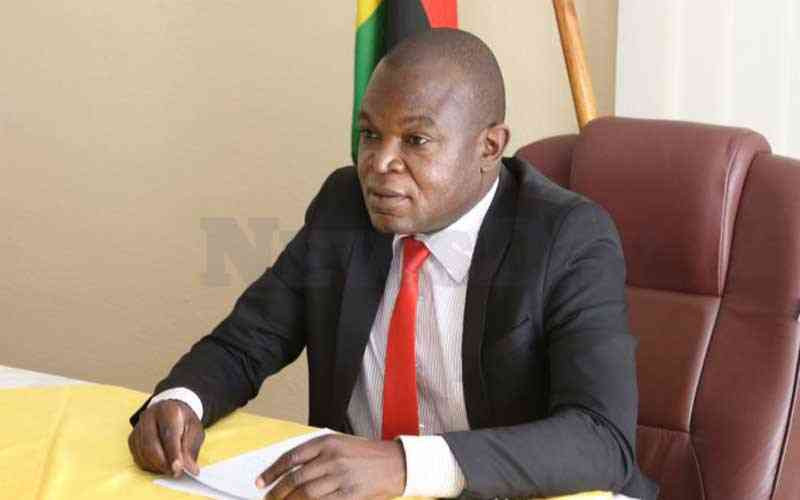
THE Zimbabwe Republic Police (ZRP) have deployed police details from other provinces to Harare to beef up security ahead of the Southern African Development Community (Sadc) summit, NewsDay has learnt.
The Sadc Heads of State and Government Summit is slated for August 17 and 18 while the 7th Sadc Industrialisation Week was officially opened by President Emmerson Mnangagwa last week.
The development comes as government fears massive protests by human rights activists and opposition parties in the country.
The deployment has seen urchins being chased away from the heart of the capital as Mnangagwa wants to create the impression that Harare is a safe and clean city.
A police source said police details in the other country’s nine provinces have been deployed in the capital to beef up security.
“We have seen police being deployment from provinces to Harare to beef up security ahead of the Sadc summit where we are going to see heads of State coming,” said the source
“Our bosses are very strict onthe Sadc summit and this is the reason police forces have been given new uniforms to create a good image,” he said.
Police spokesperson Commissioner Paul Nyathi yesterday said the deployments were normal.
- Fresh demolitions hit Mbare
- Police accused of killing Budiriro man
- Fresh demolitions hit Mbare
- Police accused of killing Budiriro man
Keep Reading
“It is not correct to say that police have deployed because of the Southern African Development Community summit. We have been doing normal deployments and for Harare these are normal deployments,” Nyathi said.
“It’s wrong to say police had to call police officers from other provinces to come to Harare and also uniforms have always been provided to police officer, so there is nothing wrong with police getting new uniforms, we have a certain uniform requirement they have to access, basically this is what police is doing.”
The deployment comes at a time when the government has intensified a crackdown on human rights activists and opposition politicians, which has seen the arrest of more than 100 individuals in the past three months.










